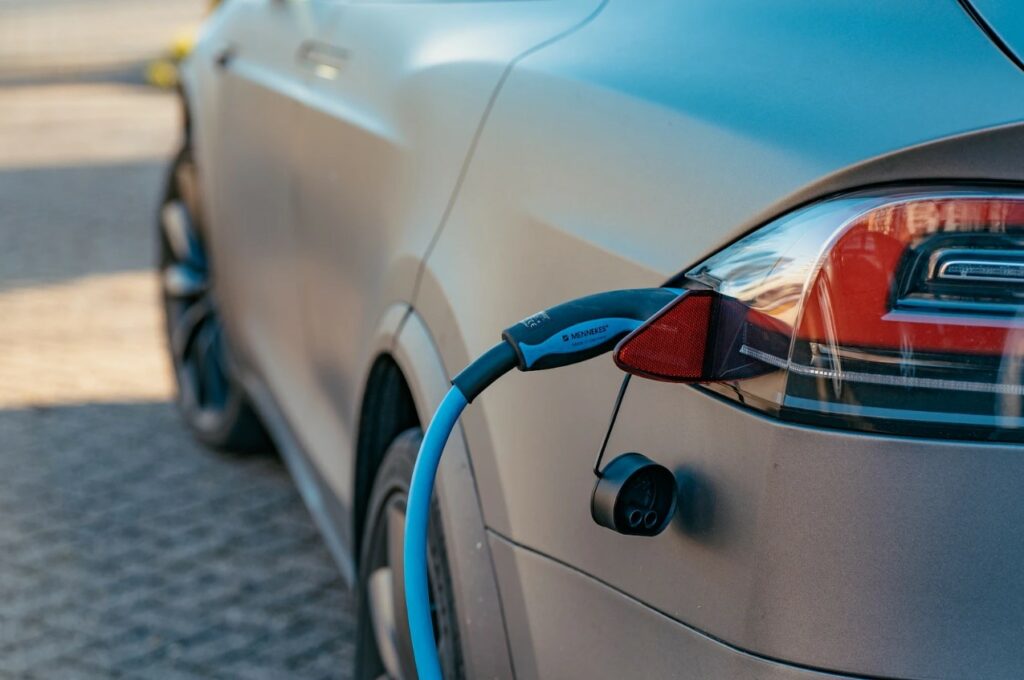We all need to play our part to build a more sustainable future. SMEs, who are the lifeblood of the UK economy, will be a key player ensuring this occurs.
It’s in every business’ own interests to ‘go green’. Research indicates that £3bn savings can be realised by the SME community if it were to implement simple energy efficient measures.
Why is it important for businesses to go green?
In June 2019, the UK was the first major economy to pledge to end its contribution to global warming by 2050. Earlier this year, the UK also committed to the ambitious goal of reducing its carbon emissions by 78 per cent by 2035 compared to 1990 levels.
If the UK is going to achieve these pledges, all businesses will need to pull together now to make sufficient headway.
Collective responsibility
SMEs make up 97 per cent of the UK economy and contribute 25 per cent to its carbon emissions. Therefore, the UK won’t reach its net zero goals unless the SME community starts taking collective action today.
Future growth
As the world transitions to a low carbon future, customers will expect the businesses they interact with to share similar values to themselves. And therefore, it will be imperative that businesses prioritise sustainability in their customer offerings, overall strategy and operations.
How can businesses be more sustainable?
The first step to becoming a more sustainable business is to understand your own business’ carbon footprint as well as your supply chain’s. You can use a carbon footprint calculator (Carbon Trust has one) to measure your performance against greenhouse gas Protocol Guidance.
You can also:
- Invest in energy-efficient technology – use energy efficient alternatives such as LEDs, which consume around 11 times less energy than halogen lights.
- Get a smart meter – smart meters send readings directly to your energy supplier; they enable you to use energy more efficiently and save money.
- Generate your own renewable electricity – although switching to a renewable supplier is great, you could go a step further by installing solar panels.
- Research your supply chain – according to research by consulting firm McKinsey, a typical B2C business’ supply chain creates more carbon emissions than its own operations.
- Electrify your fleet – a growing number of companies are switching to electric fleets due to concerns over the environment and ultra-low emissions zones.
- Reduce the waste from your products – for example, you could replace plastic packaging with a more recyclable or eco-friendly alternative.

How can I fund my sustainability goals?
Fortunately, there are a growing number of green finance options out there designed to provide businesses with the funding they need to achieve their sustainability goals.
If you head up a green business that offers a sustainable product or service, or if you’re looking to purchase a green asset such as a solar panel, Funding Options can match you with a panel of vetted green lenders that have an appetite to fund sustainable initiatives.
You can use their platform to access a variety of green funding options quickly, easily and securely, enabling you to get closer to reaching net zero.
It’s also useful to know that solar panels and electric vehicle charge points are covered in the super-deduction, which allows qualifying businesses to leverage a 130 per cent capital allowance when they buy a new asset or machinery.
If you want to benefit from this but can’t afford to purchase your asset outright, you can use hire purchase finance – a type of asset finance that enables you to buy equipment by paying for it in instalments. Eligibility criteria applies and only some green assets are included.
Demonstrating your commitment to sustainability and building loyalty with your customers has never been easier. See what you could be eligible for today.
Read more
Super-deduction tax break – what is it and how does it work?





